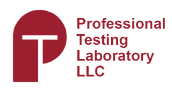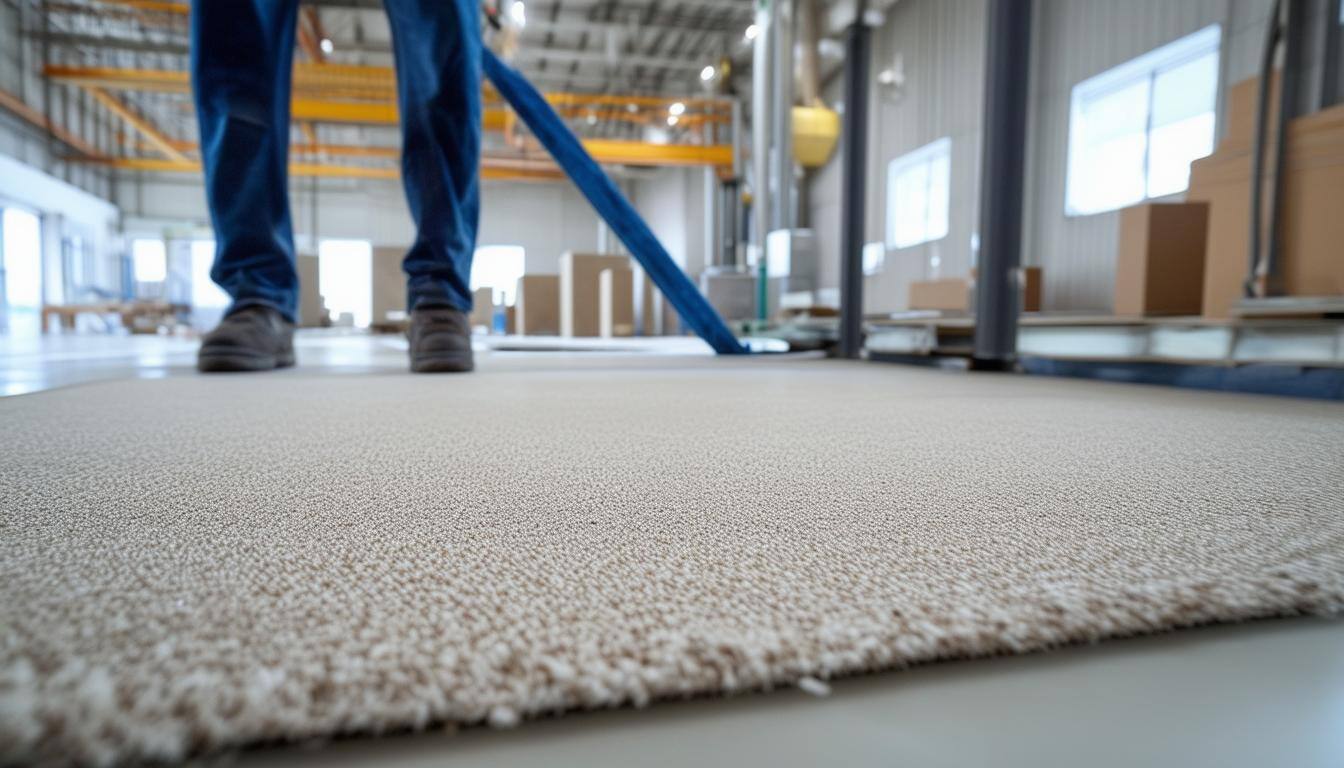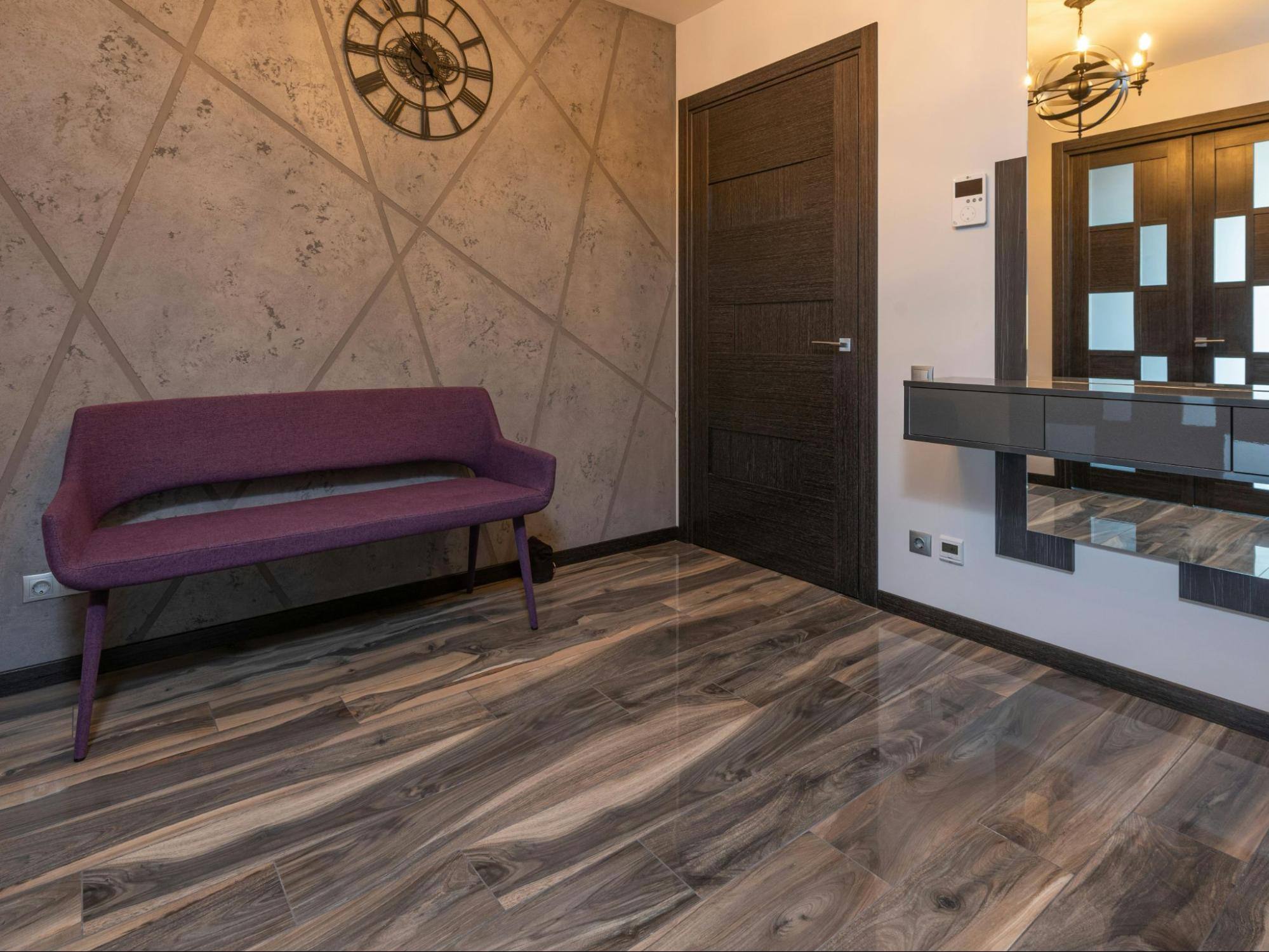Materials & Applications For ASTM B117 Salt Spray Testing

As an NVLAP and PJLA-accredited independent, third-party testing laboratory with over 325 years of combined product and material testing experience, Professional Testing Laboratory has become the go-to solution for companies in multiple industries needing in-depth analysis, testing, and compliance of raw materials and finished goods.
One critical American Society for Testing and Materials (ASTM) test that is especially important for our flooring, automotive, and aerospace customers – among other niche industrial customers – is our ASTM B117 Salt Spray Test.
Professional Testing Laboratory’s 30,000-square-foot facility comprises state-of-the-art mechanical and chemical testing equipment and machinery alongside subject-matter experts well-versed in over 2,500 different testing methods, procedures, and processes. Our facility provides tests covering ASTM International, ANSI, and ISO as well as industry-specific OEM testing standards and requirements. ASTM B117 is one requirement whose test parameters have universal applications for many industries.
The Purpose of ASTM B117 Salt Spray Testing
The ASTM B117 test, also known as “salt fog” testing, is an atmospheric test that exposes coated or non-coated substrates, materials, specimens and finished goods under a controlled, salt-exposed atmosphere within a test cabinet or test chamber. The specification calls for a salt atmosphere comprised of five percent sodium chloride and 95 percent water within a controlled six to seven pH range and a stable 35⁰C temperature.
ASTM B117 is more of a test process than a standard. While it does provide options on angles of exposure for substrates, it does not define any pass/fail requirements, nor does it specify exposure times for specimens. Customers must define their own pass/fail requirements and exposure times.
Fortunately, most OEM and industry test standards will call out ASTM B117 as the test process while providing their own exposure times and pass/fail criteria.
Industry Applications for Salt Spray Tests: Flooring, Automotive, and Aerospace
Flooring
Within the flooring industry, testing for corrosion susceptibility is especially important to manufacturers. Not only is it a question of aesthetics, in terms of manufacturing tiles that retain their luster and shine, but it’s ultimately about testing the corrosion resistance of new tile materials, coatings, and adhesives to ensure delamination between coating and adhesive layers never occurs – or if it does – it occurs well past an acceptable salt spray exposure time.
While ASTM B117 does not provide a correlation between hours of exposure (within the salt spray cabinet) and how long parts or materials will last in use (days, weeks, months, or years) before corrosion occurs, it doesn’t have to. The purpose of the test is to see how materials, samples, and substrates react to a corrosive environment and which substrate or material exhibits corrosion first or which one experiences delamination first.
A typical example can include a flooring manufacturer testing a new tile adhesive or coating from different suppliers. Samples from each supplier go inside the salt spray cabinet under a given exposure time. Some materials immediately show signs of corrosion. Others don’t. Some experience delamination but no corrosion. However, some samples go the full length of the salt exposure time without any delamination or corrosion. Ultimately, it will be clear which supplier’s sample performed best.
Aerospace
Within the aerospace industry, ASTM B117 is used to validate the performance and corrosion resistance of numerous interior, exterior, and structural airplane components, panels, parts, equipment, machinery, and integrated assemblies. These tests can be used to validate coating thicknesses and adhesion strength between the primer and paint on exterior and interior paneling – or test the susceptibility of equipment and machinery failure should corrosion occur.
Aerospace primes – such as Boeing, Airbus, Lockheed Martin, and General Dynamic – among others – will create test plans or specifications that define hours of exposure and evaluation criteria for pass/fail. These pass/fail indications can include identifying the appearance of red, brown, or localized white corrosion/streaking. Signs of pitting are other potential indications of failure.
Automotive
Within the automotive industry, a vehicle’s undercarriage is especially exposed to road salt, humidity, water, moisture, sleet, snow, and standing water puddles. Given that corrosion on vehicles typically occurs around the base of the vehicle, exposing vehicle paneling, brakes, wheels, and undercarriage components to salt spray testing helps to validate the corrosion resistance of different materials, primers, and paints.
Much like Aerospace primes, automotive manufacturers will create their own specifications governing the length of ASTM B117 exposure times and how to evaluate samples. However, the test itself is invaluable in assessing the performance of new materials, adhesives, paints, primers, and electrical components.
ASTM B117 Salt Spray Test Guidance from Professional Testing Laboratory
At Professional Testing Laboratory, our customers have always viewed our laboratory, testing technicians, engineers, and chemists as an extension of their own engineering and R&D departments. We aren’t just a lab that insists on sticking to standard, well-documented, and well-established test procedures. We are much more than that.
Yes, we can test to numerous ASTM requirements, ANSI, and ISO international standards. However, we can also help companies who need ASTM B117 salt spray testing but either don’t have an overriding specification to determine pass/fail or don’t know or have any reference as to the number of hours samples need to be exposed in our salt spray cabinet.
In these situations, our experienced and seasoned testing team can help you come up with an exposure time and different pass/fail requirements so that you have a solid footing on whatever parameter you’re most concerned about.
If you would like to learn more about how ASTM B117 Salt Spray testing can help your business or are interested in a customized solution, contact us now and receive a quote in 24 hours.




